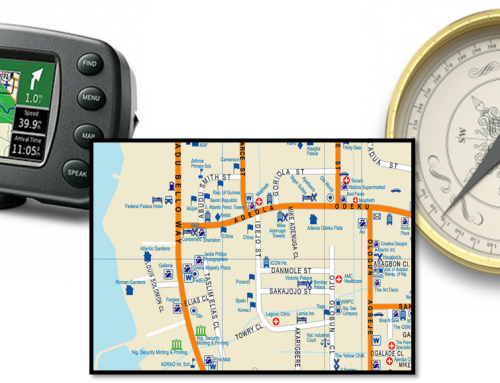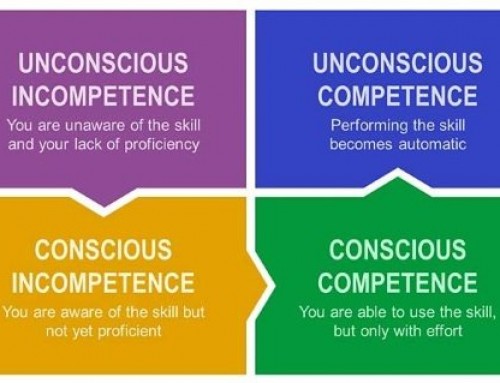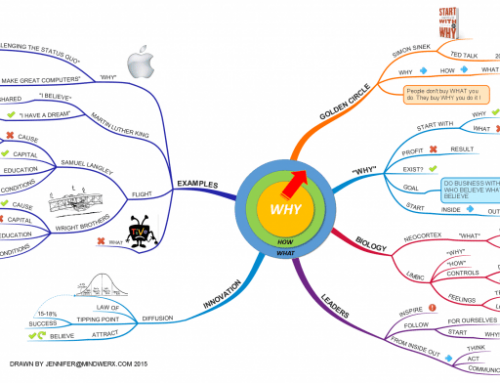International Journal for the Scholarship of Teaching and Learning
http://www.georgiasouthern.edu/ijsotl
Vol. 6, No. 1 (January 2012)
ISSN 1931-4744 @ Georgia Southern University
by
Brett D. Jones brettjones@vt.edu
Chloe Ruff, Jennifer Dee Snyder, Britta Petrich, Chelsea Koonce
Abstract
 We examined how students‟ motivation differed when they participated in three different types of Mind Mapping activities: one activity that was completed individually outside of class time, one that was completed individually in class with the instructor available for help, and one that was completed in class with other students and the instructor available for help.
We examined how students‟ motivation differed when they participated in three different types of Mind Mapping activities: one activity that was completed individually outside of class time, one that was completed individually in class with the instructor available for help, and one that was completed in class with other students and the instructor available for help.
Using the MUSIC Model of Academic Motivation (Jones, 2009) as a framework, we implemented a concurrent mixed methods design using identical samples whereby the quantitative component was dominant over the qualitative component.
Participants included 40 undergraduate students enrolled in an educational psychology course at a U.S. university. After each of the mind mapping activities, study participants completed questionnaires that included open- and closed-ended items.
Although the three activities had similar effects on students‟ motivation-related beliefs, some differences were documented in their preferences of mind mapping activities. Instructional implications are provided.
The link to download the article is
Article The Effects of Mind Mapping Activities on Student Motivation







Leave A Comment
You must be logged in to post a comment.